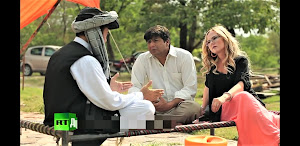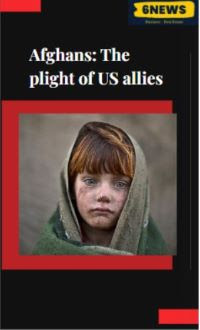The consumer price index increased to 27.6% on a year-over-year basis in January 2023, Pakistan Bureau of Statistics. Arif Habib says the highest inflation since 1975.
By Atif Khan
Islamabad: Rising inflation exceeded expectations in January, as the prices for essential goods and services reached a year-over-year rate of 27.55 per cent.
According to the Pakistan Bureau of Statistics report, the consumer price index increased to 27.6% on a year-over-year basis in January 2023.
Onion prices increased 468.54% over the previous year, chicken prices increased 83.27%, wheat prices increased 78.39%, rice prices increased 65.24%, wheat flour prices increased 61.25%, gramme whole prices increased 50.47%, pulse moong prices increased 46%, pulse gramme prices increased 44.53%, besan prices increased 43.25%, mustard oil prices increased 42.28%, pulse mash prices increased 37.1%, fresh fruits prices increased 35.33%, cooking oil prices increased 31.46%,
Securities brokerage, investment, and research firm Arif Habib termed it the highest inflation since 1975.
Traders fear the prices of essential items may go further up in February because of fuel price hikes, restrictions on imports, and the historic devaluation of the rupee.
"For the last few months, rates have been increasing daily due to the volatile dollar, but the prices escalated unprecedently during the last few days, because of an increase in transport fares and restrictions on imports", said Ibrahim Khan, a trader in Rawalpindi's wholesale market, Nankai Bazar.
Transporters have increased the fares after the government jacked up per-litre fuel prices by Rs 35, the highest increase in fuel prices in a single day.
In the absence of any government checks and balances, the transporters hiked fares.
The fuel prices increased after the government failed to control the falling rupee against the dollar.
Ishaq Dar, the brother-in-law of PLM-N chief Nawaz Sharif, boasted of bringing the dollar to less than Rs 200. Dar was brought back into the country, with criminal charges dropped in the hope that he would help Pakistan out of its economic quagmire, but the economic czar failed miserably and the rupee continued to depreciate against the dollar, despite his desperate attempts and raids on money changers.
Dar also failed to maintain the foreign reserves, and the reserve shrank to a historic low of $4.3 billion, after the payment of some of Pakistan’s external debts. It was the lowest since February 2014, Aljazeera reported, quoting the country’s central bank.
Pakistan is desperate to win a $7 billion bailout loan from the IMF, even at the cost of withdrawing subsidies from the poor, who live below the poverty line.
In addition to the worst economic situation, Pakistan is also facing a fresh wave of terrorism. On Monday, A suicide bomber, crossing several barricades, entered a mosque in the most secure area of Police lines and blew himself up in a crowded mosque in the northwestern city of Peshawar.
According to the administration, the death toll crossed 100 on Wednesday morning, while around a dozen critically injured people are struggling to survive.












0 Comments